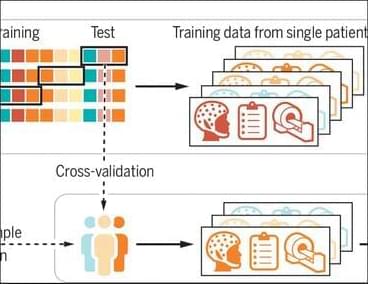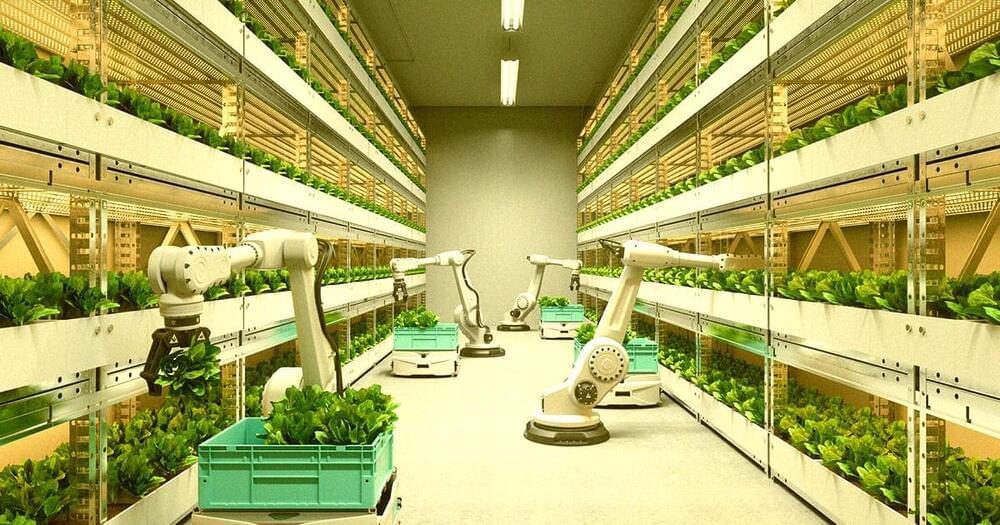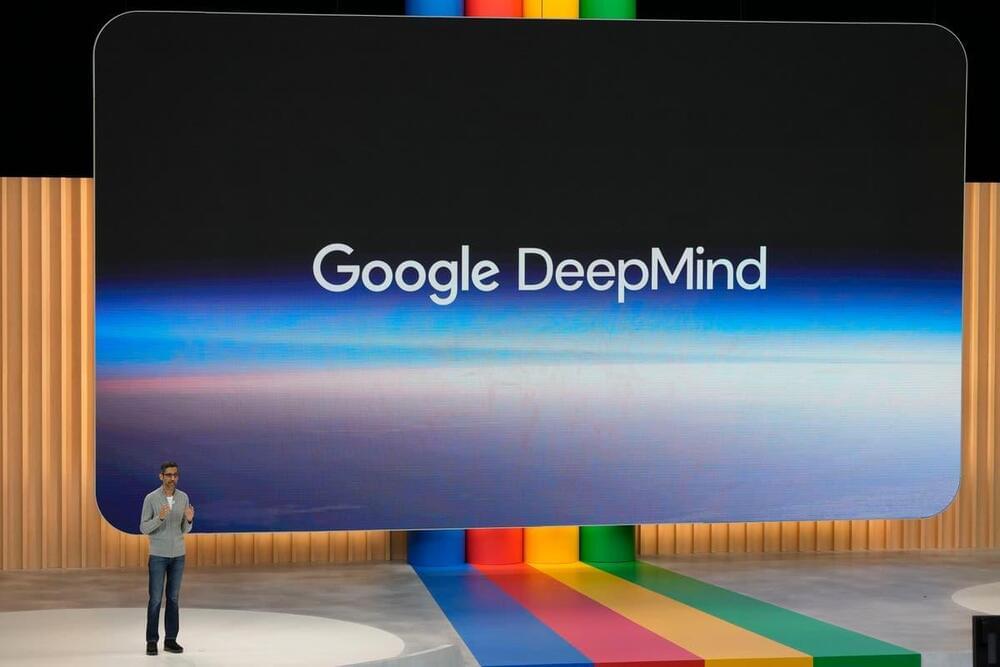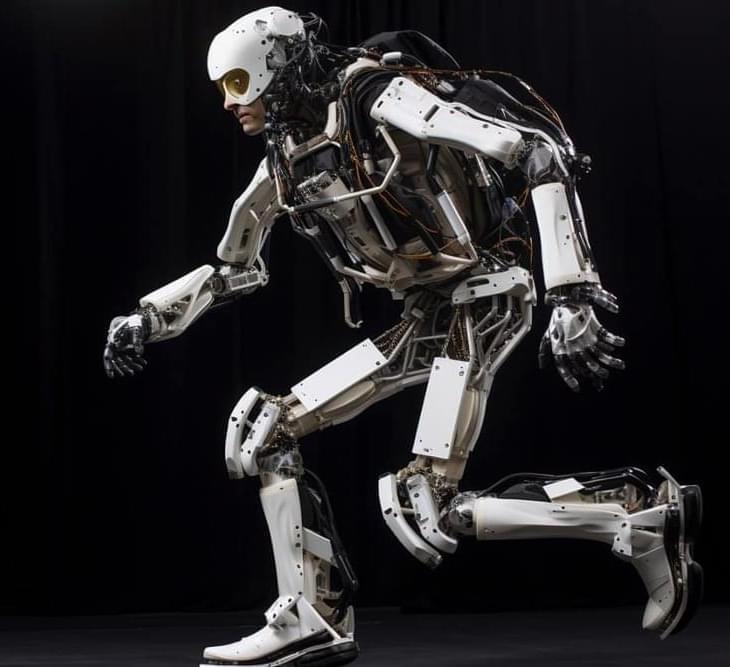In this clip from our 2017 event titled ‘Evolution of the Mind, Consciousness and AI,’ the esteemed philosopher and cognitive scientist, Daniel Dennett is joined by a group of panellists to explore how much we understand about the human mind, and what the creation of artificial consciousness means for our future. Watch and let us know in the comments if you think Dennett’s theories still hold true in light of the rapid developments in AI since he joined us.
See the full session here: • Daniel Dennett on the Evolution of th…
Want to see more videos and virtual events?
✅ Subscribe to this channel and turn on notifications:
Intelligence Squared has established itself as the leading forum for live, agenda-setting debates, talks and discussions around the world. Our aim is to promote a global conversation that enables people to make informed decisions about the issues that matter, in the company of the world’s greatest minds and orators.
Follow Intelligence Squared on:
👉 Facebook page: / intelligence2
👉 Twitter page: / intelligence2
📌 Website: https://www.intelligencesquared.com/
#danieldennett #artificialintelligence #aidevelopment #humanity #consciousness #intelligencesquared #intelligencesquaredplus #iq2





